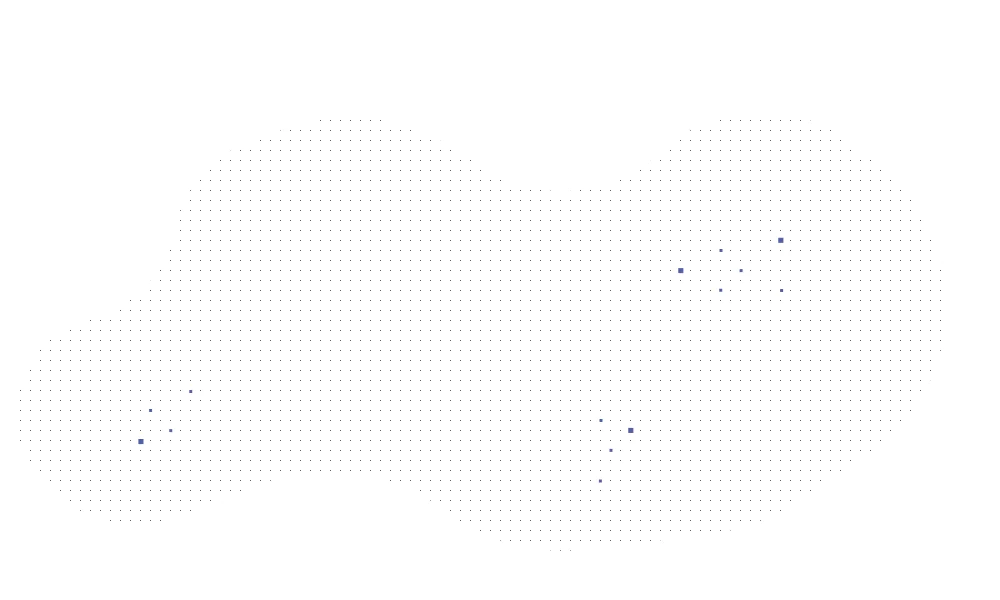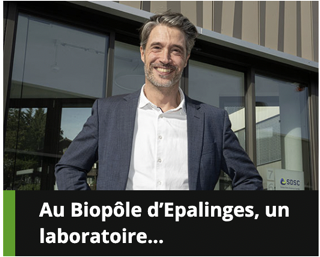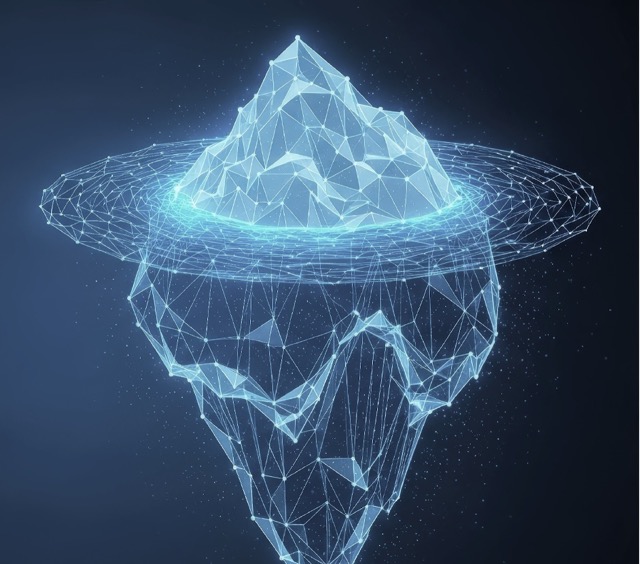The SDSC introduces the Renku 2.0 platform for collaborative research
Zurich, Lausanne, Switzerland. June 3, 2025 – The Swiss Data Science Center (SDSC) takes collaboration to the next level with its open-source collaboration platform. Offering enhanced features, Renku 2.0 is here to empower researchers to build collaborative communities.
“From the beginning, Renku's mission has centered on enabling more effective collaboration among researchers through improved data access and reusability,” said Dr. Rok Roškar, Head of Renku at the SDSC. “Over the past several years, our open-source platform has continued to evolve - from an early emphasis on computational reproducibility to a broader focus on fostering connections within and across research communities. With the release of Renku 2.0, we aim to further support this mission by lowering barriers to integrating data, code, and compute resources into cohesive, collaborative research workflows.”
Enabling unified research and seamless interaction
Users especially benefitting from Renku 2.0 include:
- Researchers can connect their entire research workflow in one place and collaborate across domains without technical barriers.
- Educators can help their students focus on the material, not losing time during setup. Here, the platform is already hosting project-based course work and time-sensitive workshops.
- Event organizers can focus on innovation and do not have to worry about setup and infrastructure.The platform provides a consistent environment for all teams and helps participants to start coding and collaborating right away.
Renku 2.0 connects the research ecosystem
The Renku platform is continuously evolving to support collaborative research and teaching initiatives. The 2.0 release introduces the following new features:
- Interoperability with external tools and platforms: the platform allows users to connect Renku projects to GitHub repositories, cloud data platforms, data repositories, and more. By offering adaptable integration features, the platform helps enable more effective collaboration.
- Designed for flexibility: the platform allows users to configure code, data, and compute environments to match their project needs - scaling from early-stage exploration to complex, large-scale analysis.
- Enhanced session flexibility: Renku 2.0 offers a robust environment for creating and sharing compute resources. The platform simplifies the creation of containerized environments, requiring no prior knowledge of Docker. For advanced users, it also supports the deployment and sharing of custom dashboards and applications.
We invite you to register and explore the latest features of the platform at: https://renkulab.io
Join Launch Webinar and Users Meeting
Two upcoming events will provide practical insights and offer the opportunity to explore Renku 2.0 in greater depth. We encourage your participation.
Renku 2.0 Launch Webinar
When: June 5, 2025, from 15:00 until 16:00 CET
Where: Zoom (Register here)
Agenda:
- Overview of Renku 2.0, including live demo of key features
- Roadmap and focus areas for the second half of 2025
- The transition plan for sunsetting Renku Legacy (Renku 1.0)
- Q&A
Renku Users Meeting
When: June 23, 2025 from 13:00 until 16:30 CET
Where: ETH Rat Bern, Room H403, 4th Floor and Zoom (Register here)
Agenda:
- Renku 2.0 user experience
- Prioritized features
- Open Forum
What is Renku?
The Renku platform is an open-source software ecosystem for researchers, data scientists, educators, to help manage their data, code, and computational environments, enabling reproducible and collaborative data science. Its main design goals are ease-of-use, interoperability, and flexibility, and it is built on top of industry-standard open-source technologies. The Renku platform at https://renkulab.io has several thousand users and is free to be used for scientific collaborations and teaching courses in Switzerland, Europe and the U.S. For more information, please contact: hello@renku.io
About the Swiss Data Science Center (SDSC)
The Swiss DataScience Center (SDSC) is a national research infrastructure in data science and artificial intelligence (AI). Its mission—to enable data-driven science and innovation for societal impact—drives its initiatives in research projects, knowledge and technology transfer, and education. With a large multidisciplinary team of professionals in Lausanne, Zurich and Villigen, the SDSC provides expertise and services to various domains, such as health and biomedical sciences, energy and sustainability, climate and environment, and large-scale scientific infrastructures. The SDSC also contributes to initial, continuing and executive education programs at EPFL and ETH Zurich. More information: www.datascience.ch.
For more information, please contact:
Uta Ünal, Head of Communications & Events
Swiss Data Science Center
uta.uenal@sdsc.ethz.ch
Catherine Hugon, Head of Executive Affairs
Swiss Data Science Center
catherine.hugon@sdsc.epfl.ch





